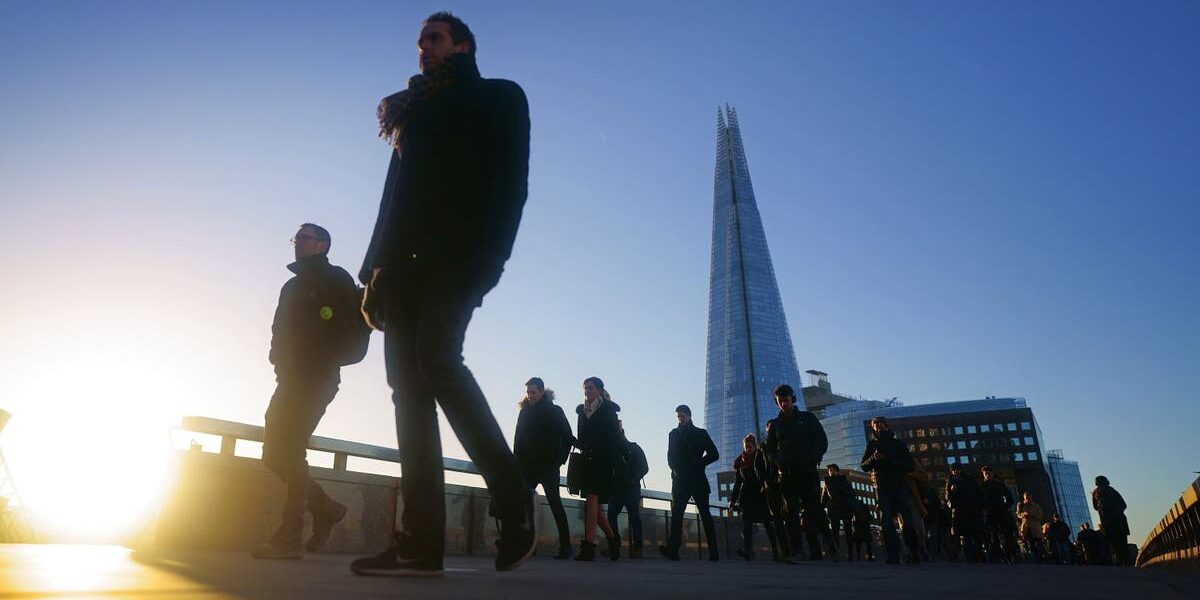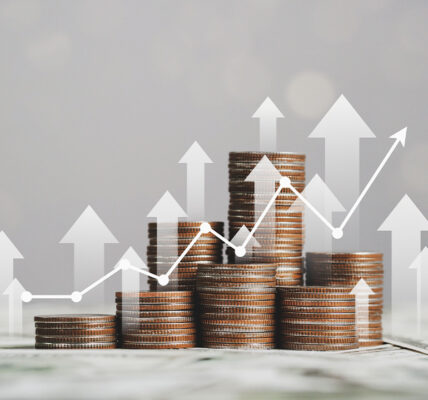The UK economy was stagnant in the first three months of the new Labour government, statistics from the ONS have revealed, recording no growth in the third quarter.
The Office for National Statistics (ONS) had previously estimated the figure to stand at 0.1 per cent, but has revised this down to 0.0. This is weaker than what was expected in the final quarter of the Conservatives’ tenure, data shows.
The UK economy recorded no growth in the third quarter, revised down from an initial estimate of 0.1%, the Office for National Statistics said.
According to data also published in the ONS’s latest GDP quarterly national accounts report, early estimates of disposable household income show no growth in Q3 – the three months after Labour came into power. The figures comes after 1.4 per cent of growth in the previous quarter.
The result will come as a fresh blow for Sir Keir Starmer’s Labour government. Raising living standards has been a cornerstone promise for the party, with the prime minister earlier in the month promising to that government spending plans will ensure “working people have more money in their pocket” and that “growth must be felt by everyone, everywhere.”
Real GDP per head also fell by 0.2 per cent in Q3 – the three months after Labour came into power. This is 0.2 per cent lower than the same time last year.
For GDP in terms of output, the ONS says there no growth in the services sector in the latest quarter, whilt a 0.7 per cent boost in construction was offest by a 0.4 per cent fall in production.
The latest GDP quarterly national accounts report, just released, also shows that real GDP per head fell by 0.2% in Quarter 3 2024, and is 0.2% lower compared with the same quarter a year ago.
ONS director of economic statistics Liz McKeown explains: “The economy was weaker in the 2nd and 3rd quarters of this year than our initial estimates suggested with bars and restaurants, legal firms and advertising, in particular, performing less well.
“The household saving ratio fell a little in the latest period, though remains relatively high by historic standards. Meanwhile real household disposable income per head showed no growth.”
Reacting to the figures, Labour chancellor Rachel Reeves said in a statement: “The challenge we face to fix our economy and properly fund our public finances after 15 years of neglect is huge.
“But this is only fuelling our fire to deliver for working people.
“The Budget and our plan for change will deliver sustainable long-term growth, putting more money in people’s pockets through increased investment and relentless reform.”
Mel Stride MP, Shadow Chancellor of the Exchequer, said: “Today’s figures demonstrate the latest failure at the hands of this Chancellor.
“Having inherited the fastest growing economy in the G7, growth has tanked on Labour’s watch. That means greater pressure on our public finances and an economy which, far from becoming more secure, is becoming significantly more vulnerable.
“The Labour Government must now urgently revisit their disastrous budget and align economic policy with growth not decline. Every moment of delay is further damaging business confidence, output and employment.
“The warning lights are flashing.”
The new figures leave “plenty of scope for a lively debate with the family over the festive period about whether or not the economy is heading for a recession” says Paul Dales, chief economist at Capital Economics.
“Overall, these data suggest that after a bumper first half of the year, the economy ground to a halt in the second half of the year due to a combination of the lingering drag from higher interest rates, weaker overseas demand and some concerns over the policies in the Budget.
“Our hunch is that 2025 will be a better year for the economy than 2024. But more recent data suggest the economy doesn’t have much momentum as the year comes to a close.”
The poor economic figures come after a forecast from the Confederation of British Industry (CBI) says the private sector expects “steep decline in activity” into 2025. In the findings, released the day before the GDP announcement, the influential business organisation said expectations amongst business leaders are at a two year low.
Alpesh Paleja, CBI Interim Deputy Chief Economist, said: “There is little festive cheer in our latest surveys, which suggest that the economy is headed for the worst of all worlds – firms expect to reduce both output and hiring, and price growth expectations are getting firmer.
“Businesses continue to cite the impact of measures announced in the Budget – particularly the rise in employer NICs – exacerbating an already tepid demand environment.”





